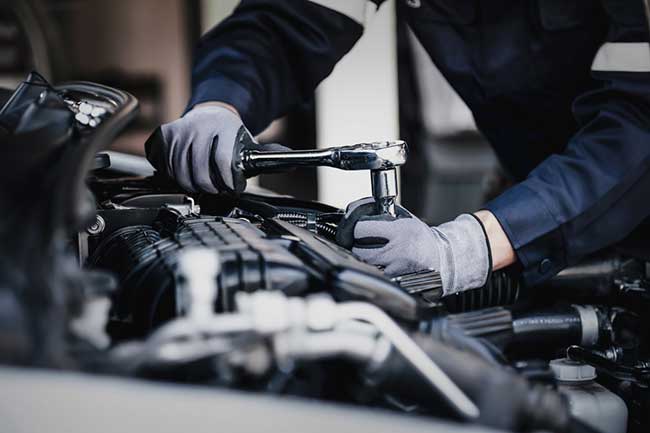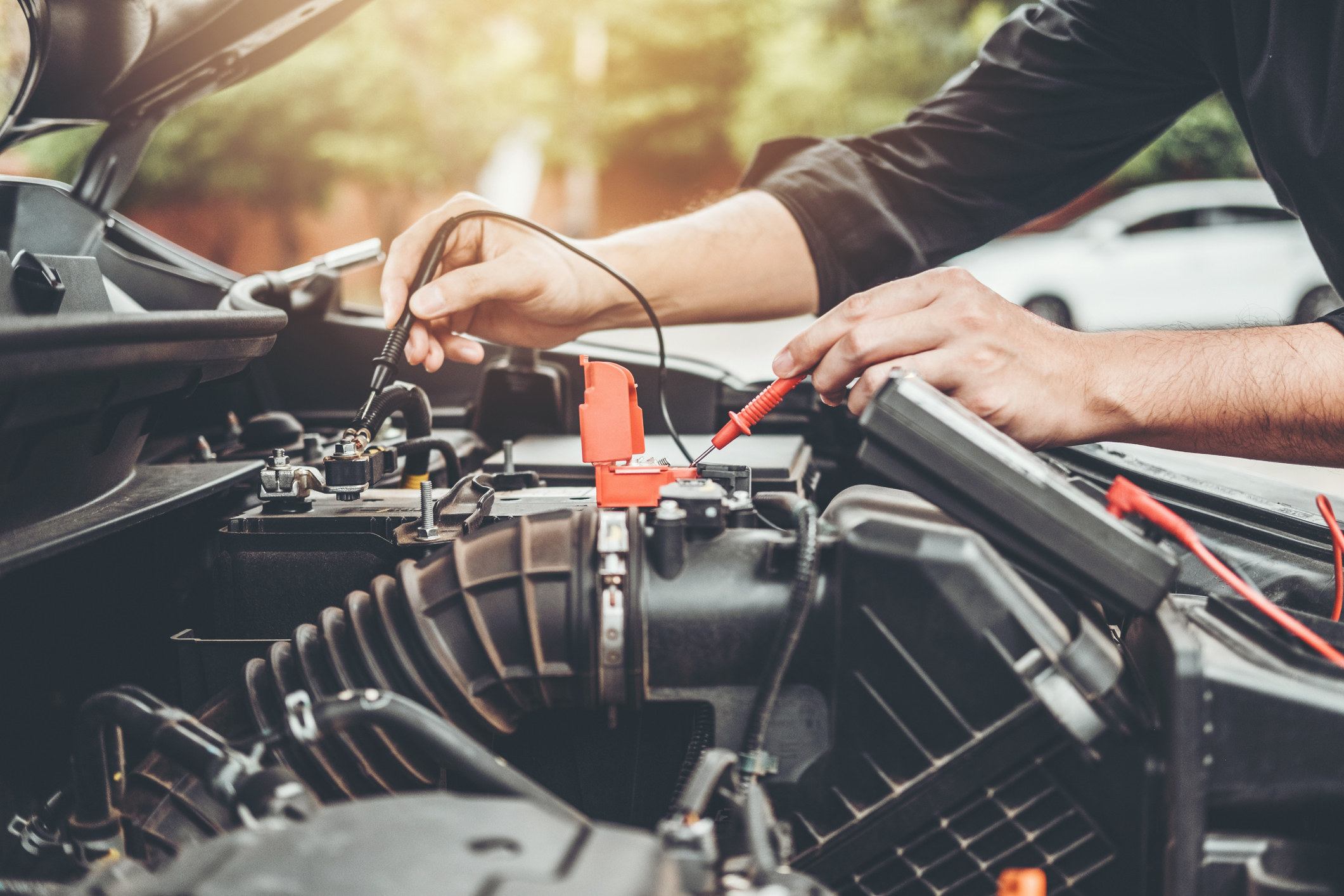All Categories
Featured
The Development of Auto Repair: Tackling Intricate Vehicle Systems

As car technology continues to advance, car service center encounter the growing challenge of servicing progressively intricate systems. Today's vehicles are outfitted with innovative attributes like electronic control systems (ECUs), driver-assistance systems, and hybrid or electrical drivetrains. To meet these demands, service center must innovate and adapt their practices, ensuring they have the tools and experience to manage complex automotive repair services.
The Duty of Advanced Diagnostics. Gone are the days when auto mechanics count entirely on their senses and standard tools to detect car problems. Modern cars are regulated by onboard computer systems that manage everything from engine efficiency to safety systems. Automobile service center utilize modern diagnostic devices to interact with these systems. Tools like OBD-II scanners and specialized analysis software enable professionals to gain access to error codes, screen system efficiency, and identify troubles that would or else remain hidden.
For instance, a malfunction in a sophisticated driver-assistance system (ADAS), such as lane separation caution or automatic emergency stopping, calls for accurate calibration devices to ensure appropriate feature. Without these advanced diagnostics, fixing such systems would certainly be impossible.
Knowledgeable Service Technicians Are Necessary. Fixing modern-day cars and trucks frequently calls for understanding of software program programming, electrical engineering, and mechanical proficiency. Auto repair work stores invest in continuous training for their service technicians to maintain them updated on the most recent advancements in automobile innovation.
Shops also use professionals for one-of-a-kind obstacles, such as hybrid and electrical automobile repair services. These vehicles feature high-voltage systems that call for sophisticated understanding and safety and security precautions, making specialized training crucial.

Partnership with Automakers. Numerous service center now work carefully with car manufacturers to keep speed with the fast improvements in automobile innovation. Via these partnerships, stores gain access to exclusive repair work information, OEM parts, and software updates. Some even join programs like the National Automotive Solution Job Pressure (NASTF), which connects the space between independent service center and producers, guaranteeing shops can deal with the very same systems as accredited dealerships.
Updating Equipment and Facilities. Auto service center are likewise investing in their facilities to deal with the demands of facility systems. Committed job areas for calibrating sensing units, working with high-voltage components, or executing software application updates are coming to be typical. Tools like laser-guided positioning systems, battery diagnostic devices, and programs interfaces are necessary for modern-day repair services.

Customer-Focused Strategy. Auto repair service stores progressively emphasize transparency by supplying thorough descriptions of repairs and diagnostics. This aids customers really feel notified and positive in their repair decisions.
Conclusion. Handling intricate automobile systems is no small job, yet car service center are climbing to the occasion. By embracing advanced diagnostics, buying professional training, and updating centers, these shops guarantee they remain efficient in servicing the autos these days-- and tomorrow. For vehicle owners, discovering a repair shop with the appropriate expertise and modern technology is vital to keeping their cars and trucks running smoothly in this era of automotive advancement.
Latest Posts
Find Affordable Auto Repairs with Montclare’s Exclusive Service Specials
Published May 26, 25
1 min read
Discover the Perks of Vinyl Fencing with Montana Fencing
Published May 21, 25
1 min read
Specialist Industrial Roof Solutions in North Platte, Nebraska
Published May 20, 25
2 min read